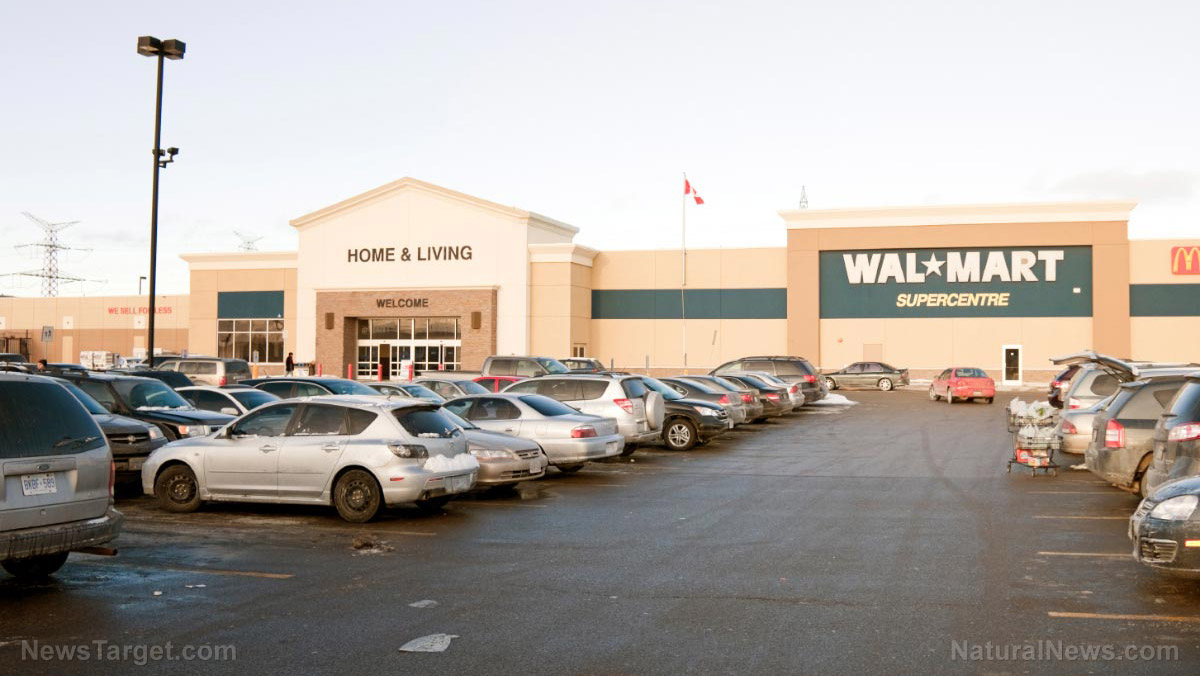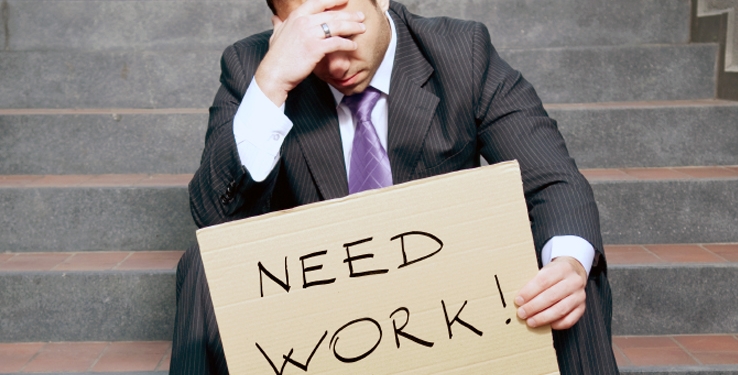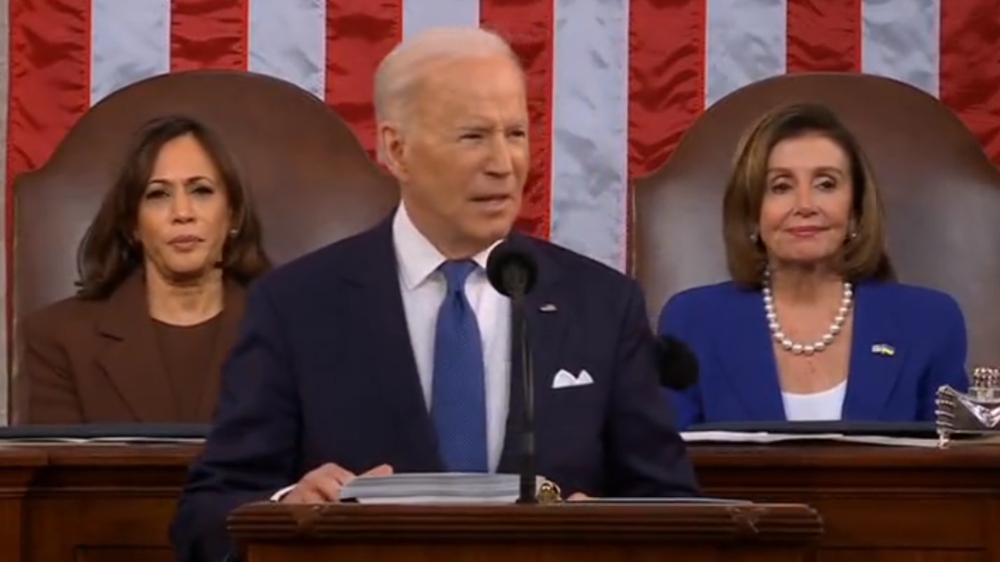US retailers CANCELING orders worth billions of dollars before the holidays as consumer demand plummets
09/30/2022 / By Kevin Hughes

Major retailers in the U.S., such as Walmart and Target, are canceling billions of dollars in orders ahead of the holiday season.
Last year’s holiday season saw the global supply chain being unable to meet the demand. A different issue is shaping up this year.
Journalist Michael Snyder pointed out that “all of a sudden, major retailers are feverishly canceling orders.” He noted: “This would only make sense if a severe economic downturn was imminent.”
Walmart acknowledged the cancellation of upcoming orders, citing the need to “rearrange inventories” as the reason. John David Rainey, the company’s EVP and CFO, told Retail Wire that it had cleared most summer inventory and was lowering exposure in electronics, home ware and sporting goods. (Related: Walmart, major US retailers are canceling orders as consumer demand plunges.)
“Our actions in Q3 will allow us to make significant progress toward rationalizing absolute levels and mix, which will enable our stores to be well positioned ahead of the holiday season,” Rainey said.
Christina Hennington, Target’s EVP and chief growth officer, confirmed that the discount retailer indeed canceled “more than $1.5 billion” in orders. She explained in an interview that the Target buying team had been “rigorously re-forecasting expectations for the balance of the year and beyond and determining where to reduce future receipts and orders.”
Other retailers also joined the two big-box giants in canceling orders.
Footwear store Kohl’s has also backed down on order receipts, instead raising promos to wrap up and inventory surplus. “We have taken action to address inventory, including increasing promotions, being aggressive on clearing excess inventory and pulling back on receipts,” Kohl’s CFO Jill Timm said in a meeting with investors.
Sportswear brand Under Armour also made some aggressive cancellations because of supply chain restrictions. The move sought to guarantee that “the right inventory was coming in at the right time,” interim President and CEO Colin Browne explained to investors.
American consumers to pay more as recession looms
Snyder cited a warning by FedEx CEO Raj Subramaniam that a global recession is coming, which was proven true. The journalist had been warning of a recession over the past months based on America’s economic numbers. Now, Americans themselves can see that recession clearly.
Unlike the “Great Recession” of 2008 and 2009, Snyder remarked that Americans are also going to deal with a two-pronged issue – raging inflation and a slowdown of economic activity.
Moreover, Snyder mentioned a gloomy warning by the Wall Street Journal to U.S. consumers as they “are set to pay even more this winter.” Heating costs continue to surge to completely ridiculous levels, said the publication.
Already facing some of their biggest bills in years, utility customers in the U.S. are slated to pay much more to keep themselves warm as the price of natural gas continues to climb.
The price of natural gas has more than doubled this year because of the worldwide supply shortage made worse by the Russia-Ukraine conflict and it is likely to stay high for months as fuel is needed to light and heat homes during the winter season. The supply crisis has made it considerably more expensive for utilities to buy or produce power, and those expenses are being passed on to customers.
The cost of living has been increasing much quicker than American paychecks have for a long time now, and much more pain is impending.
Follow Collapse.news for more news about the impending economic collapse.
Watch the video below to know why America is on the verge of an economic collapse.
This video is from the Puretrauma357 channel on Brighteon.com.
More related articles:
Couples are now fighting while shopping as grocery prices soar to new highs.
Mainstream media outlets FINALLY admit the world is on the brink of food collapse.
Sources include:
Submit a correction >>
Tagged Under:
Collapse, economic collapse, global recession, Great Recession, heating bills, Inflation, Kohl's, natural gas, retailers, Russia-Ukraine war, supply chain, supply crisis, target, Under Armour, utility bills, Walmart, winter heating
This article may contain statements that reflect the opinion of the author
RECENT NEWS & ARTICLES
COPYRIGHT © 2017 NATIONAL DEBT NEWS




















